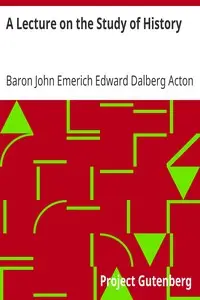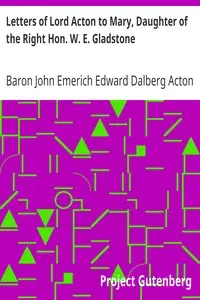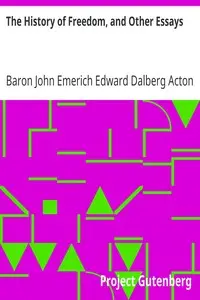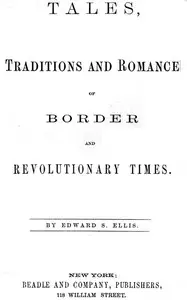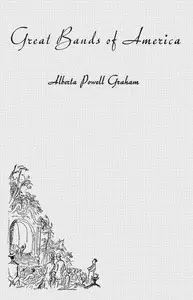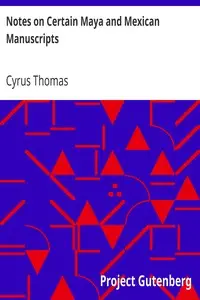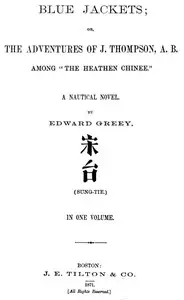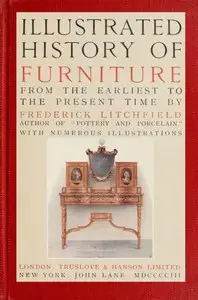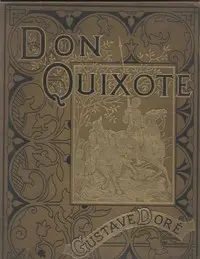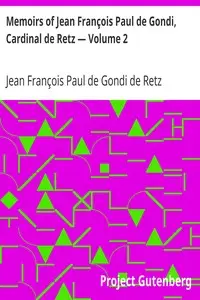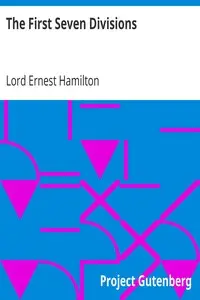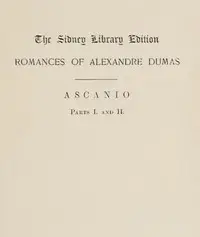"Lectures on Modern History" by Lord Acton is a historical account written in the late 19th century. This work comprises a series of lectures that delve into the aspects of modern history and the progression of human understanding influenced by significant historical events and ideas. The opening lecture sets the stage for a deep exploration of the relationships between politics, history, and the evolving landscape of thought in the modern era. At the start of the inaugural lecture, Lord Acton reflects on his personal journey to Cambridge and emphasizes the notion of the Unity of Modern History. He argues that modern history is a continuous narrative without a clear beginning or end, shaped by the interconnectedness of events and ideas spanning four centuries. Acton stresses that the study of history is essential to understanding not only the past but also its relevance to contemporary political issues. He outlines the importance of detaching oneself from the tumult of current politics to grasp the abiding principles that have emerged through the shared experiences of humanity, ultimately underlining the transformative power of historical knowledge as a means of guiding future generations. (This is an automatically generated summary.)
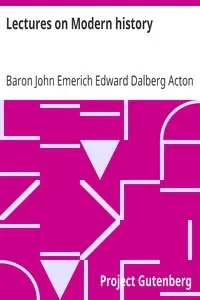
Lectures on Modern history
By John Emerich Edward Dalberg Acton Acton
"Lectures on Modern History" by Lord Acton is a historical account written in the late 19th century. This work comprises a series of lectures that del...
John Emerich Edward Dalberg-Acton, 1st Baron Acton, 13th Marquess of Groppoli,, better known as Lord Acton, was an English Catholic historian, politician, and writer. A strong advocate for individual liberty, Acton is best known for his timeless observation on the dangers of concentrated authority. In an 1887 letter to an Anglican bishop, he famously wrote, "Power tends to corrupt, and absolute power corrupts absolutely," underscoring his belief that unchecked power poses the greatest threat to human freedom. His works consistently emphasized the importance of limiting governmental and institutional power in favor of individual rights and personal liberty.

